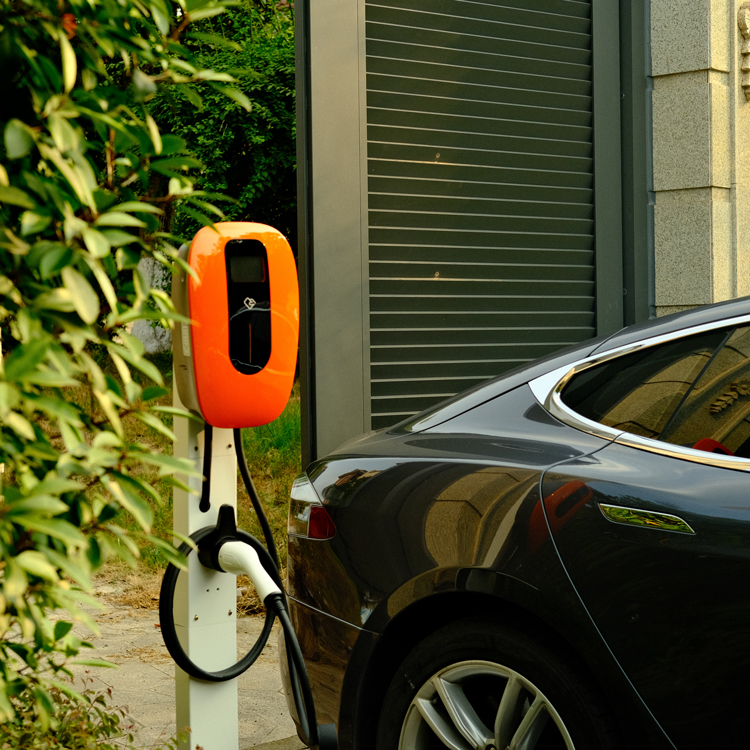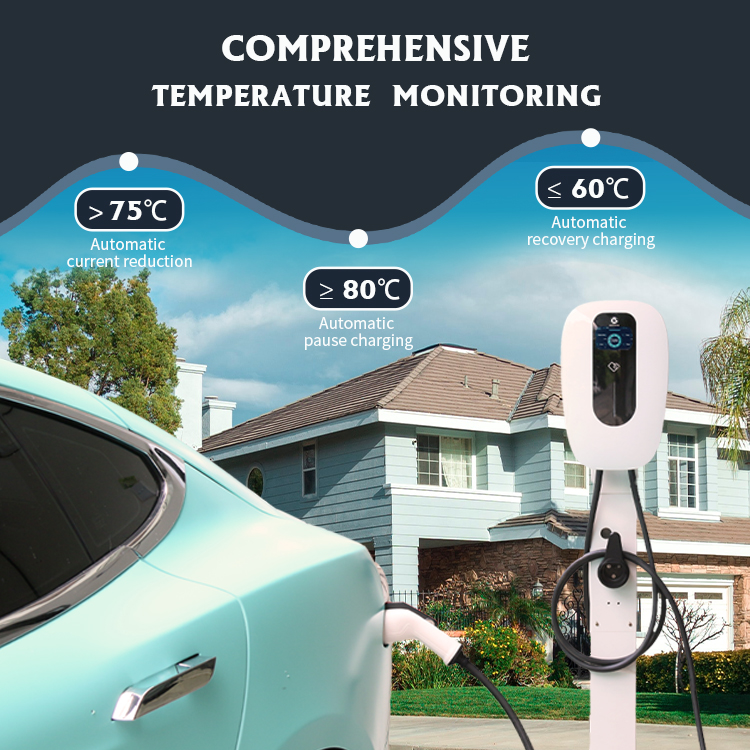As the world shifts towards sustainable energy practices, the marriage of solar power and electric vehicle (EV) charging has emerged as a beacon of eco-friendly innovation. The solar system’s potential to revolutionize the way we charge electric vehicles is gaining momentum, providing a cleaner and more sustainable alternative to conventional charging methods.
The solar system, consisting of the sun and all the celestial bodies bound to its gravitational pull, has been harnessed for various applications on Earth, including the generation of electricity. Solar panels, designed to convert sunlight into electrical energy, have become a key player in the renewable energy landscape. When integrated with electric vehicle charging infrastructure, solar panels offer a green solution that aligns with the goal of reducing carbon emissions.
One of the primary advantages of solar-powered EV chargers is their ability to generate clean energy on-site. Solar panels installed on the charging station’s canopy or adjacent areas capture sunlight and convert it into electricity. This electricity is then used to charge electric vehicles, reducing dependency on the grid and minimizing the carbon footprint associated with charging.
The adoption of solar-powered EV chargers addresses concerns related to the environmental impact of electric vehicles. While EVs themselves produce zero tailpipe emissions, the source of electricity used for charging can still contribute to carbon emissions if derived from non-renewable sources. Solar-powered chargers offer a solution by tapping into a renewable resource, making the entire process more sustainable.
Furthermore, solar-powered EV chargers contribute to the decentralization of energy production. By generating electricity on-site, these chargers reduce the strain on the centralized power grid and enhance resilience against power outages. This decentralized model also promotes energy independence and self-sufficiency, empowering communities to generate their own clean energy.
The economic benefits of solar-powered EV chargers are noteworthy as well. Over time, the initial investment in solar infrastructure can be offset by reduced energy costs, as sunlight – a free and abundant resource – powers the charging process. Government incentives and rebates for solar installations further sweeten the deal, making it an attractive proposition for businesses and individuals alike.
As technology continues to advance, innovations in solar panels and energy storage solutions are enhancing the efficiency and reliability of solar-powered EV chargers. Battery storage systems allow excess energy generated during sunny periods to be stored for later use, ensuring a consistent power supply even in cloudy conditions or during nighttime hours.
The fusion of solar power and electric vehicle charging represents a promising step towards a more sustainable and environmentally friendly future. Solar-powered EV chargers offer a clean, decentralized, and economically viable alternative to traditional charging methods, contributing to the global effort to combat climate change and promote green transportation. As the world continues to embrace renewable energy solutions, the solar system’s potential to drive us into a cleaner and brighter future is clearer than ever.
Post time: Dec-06-2023






